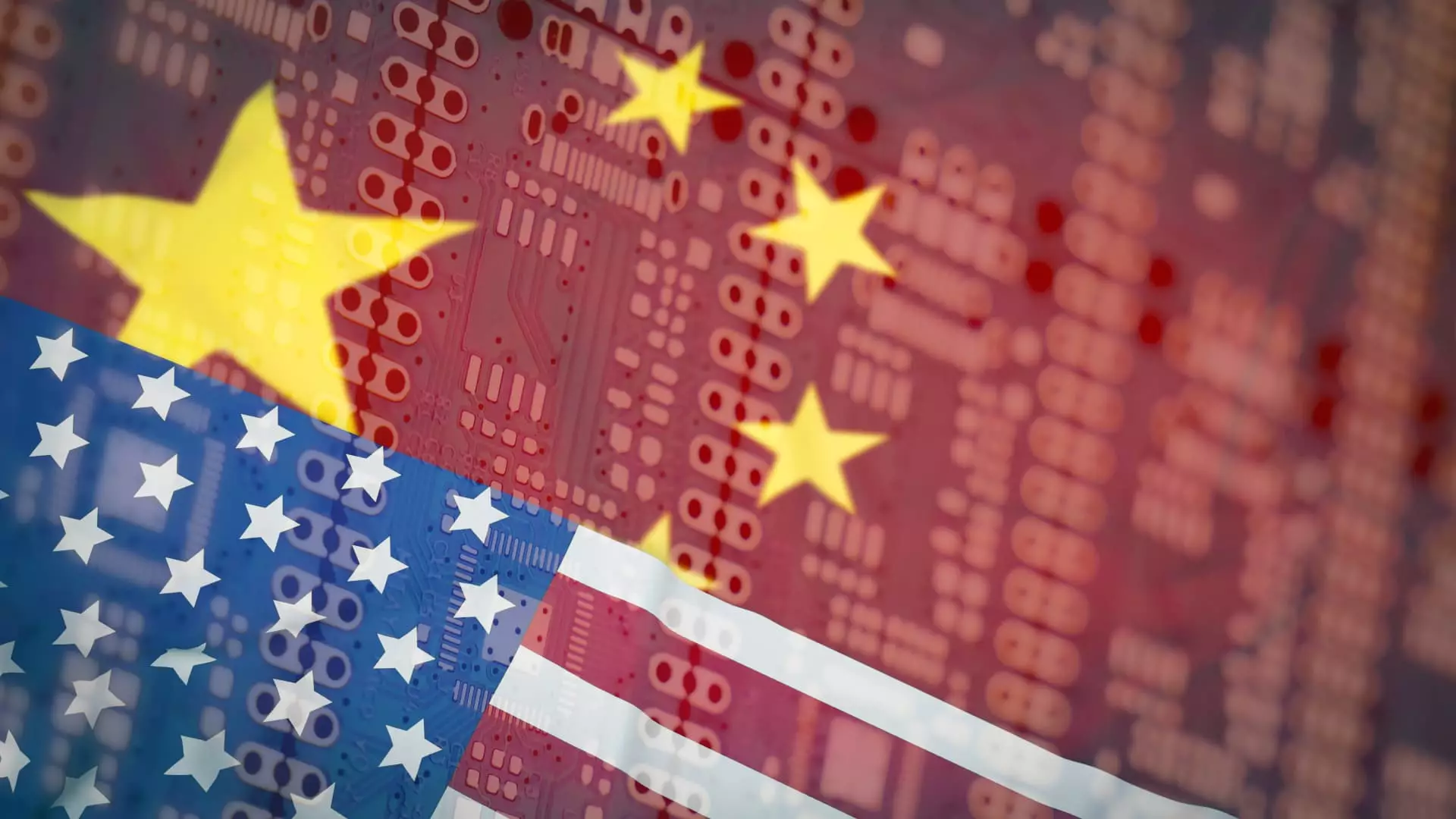Over the past 18 months, China’s tech giants have been making significant strides in the field of generative artificial intelligence, challenging the dominance of big U.S. players like OpenAI and Google. The country’s ambitious goal of becoming a world leader in AI has added another dimension to the ongoing technology battle with the United States. While China has been traditionally seen as playing catchup in this space, the competition is now heating up rapidly.
Leading Chinese technology companies such as Baidu, Alibaba, Tencent, Huawei, and ByteDance have launched their own AI models in recent times, leveraging the growing interest in the technology globally. These models, which are powered by massive datasets, offer a wide range of applications including text generation, image creation, and even video production based on user inputs.
Baidu, one of China’s largest internet companies, has been at the forefront of developing generative AI applications. Its Ernie Bot, a chatbot powered by a cutting-edge AI model known as Ernie 4.0, has garnered significant traction in the market with over 300 million users. The company has positioned its AI capabilities as on par with industry leaders like OpenAI’s GPT-4.
Alibaba, another tech powerhouse in China, has introduced its foundational AI models under the banner of Tongyi Qianwen (Qwen). These models cater to various tasks including content creation, math problem-solving, audio-to-text conversion, and more. With some versions of the Qwen models being open-sourced, Alibaba has seen widespread adoption by over 90,000 enterprise users.
Tencent, the company behind China’s largest messaging app WeChat, unveiled its foundational model called Hunyuan, which offers advanced Chinese language processing and logical reasoning capabilities. Tencent has positioned Hunyuan as a versatile model that can serve a wide range of industries from gaming to e-commerce, showcasing its commitment to leveraging AI across multiple sectors.
Huawei, known for its innovations in the telecommunications industry, has taken a specialized approach with its Pangu AI models. These models cater to specific industries such as government, finance, manufacturing, mining, and meteorology, offering tailored solutions to drive efficiency and productivity. Huawei’s focus on industry-specific applications sets it apart from other competitors in the AI space.
ByteDance, the company behind the popular social media platform TikTok, entered the AI race relatively late but made a splash with its Doubao model. Despite being a latecomer, ByteDance differentiated itself by offering its AI capabilities at a more affordable price point compared to its competitors. The Doubao model boasts features such as voice generation and code generation for developers, showcasing ByteDance’s commitment to democratizing AI technology.
As China’s tech giants continue to expand their presence in the generative artificial intelligence space, the competition with U.S. counterparts intensifies. With each company bringing its unique strengths and capabilities to the table, the AI landscape is set to witness rapid advancements and innovations in the coming years. China’s aggressive push in AI signifies a paradigm shift in the global technology race, where innovation and creativity drive the next wave of technological breakthroughs.


Leave a Reply